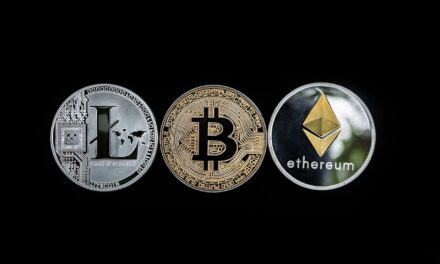To regulate the public’s access to cryptocurrencies, the Monetary Authority of Singapore (MAS) is contemplating the introduction of additional guidelines, particularly on using leverage in crypto-centric transactions.
According to a recent statement made to the Singaporean Parliament by MAS chairperson Tharman Shanmugaratnam, the central bank plans to impose limits regarding retail participation and develop a governing framework regarding the use of leverage in transactions.
The statement was Shanmugaratnam’s response to a question posed by MP Murali Pillai if MAS has any plans to impose additional restrictions on trading platforms handling cryptocurrencies.
In his statement, Shanmugaratnam also pointed out that recent events in the global crypto scene have blatantly shown the risks involved with digital assets, particularly the sudden drop in the prices of key cryptos and sharp and sudden price swings. That said, he emphasized that cryptocurrencies were, even at their best, not a suitable area for long-term investment.
Protecting the Economy
While crypto companies are crying foul over Singapore’s somewhat draconian approach, MAS officials say it’s a way of protecting the economy in general.
Last month, MAS chief fintech officer Sopnendu Mohanty stated that the central bank intended to impose a slower, harsher, and more thorough due diligence on licensing crypto businesses.
Mohanty’s announcement came just after the fall of the stablecoin terraUSD came crashing down due to macroeconomic conditions.
Around the same time, crypto exchange Binance withdrew its application for a license to operate after MAS called a halt to all crypto transfers. The company subsequently shut down all its operations in the country.
Likewise, hedge fund Three Arrows Capital, which suffered heavy losses during the most recent market downturn, also ceased operations in Singapore, citing what it felt was “unnecessary harshness” on the part of the financial regulatory body.
What Came Before
In January of this year, MAS introduced a series of guidelines delineating how the crypto sector could advertise its services and tokens to the public.
Seen as harsh by several crypto companies, the guidelines prevent these firms from openly marketing their services in public areas or broadcasting audio-only or audiovisual ads via public media channels. They’re also prohibited from publishing ads in nationally-circulated broadsheets and magazines, and even making paid posts on social media. Nevertheless, crypto firms may place more subtly-worded ads on their websites and social media accounts.
MAS has also banned the placement of crypto ATMs in public areas as these are considered an indirect form of promotion.
Yet Singapore insists it is working on the principle that trading and dealing in cryptocurrencies are risky, thus unsuitable for the general public. MAS officials also advised digital payment token (DPT) service providers should not trivialize the risks involved in cryptocurrencies.















